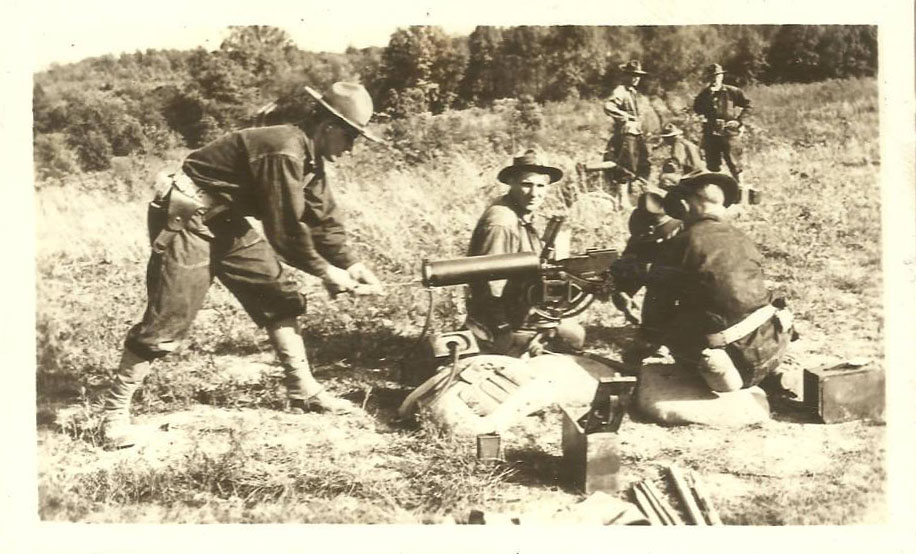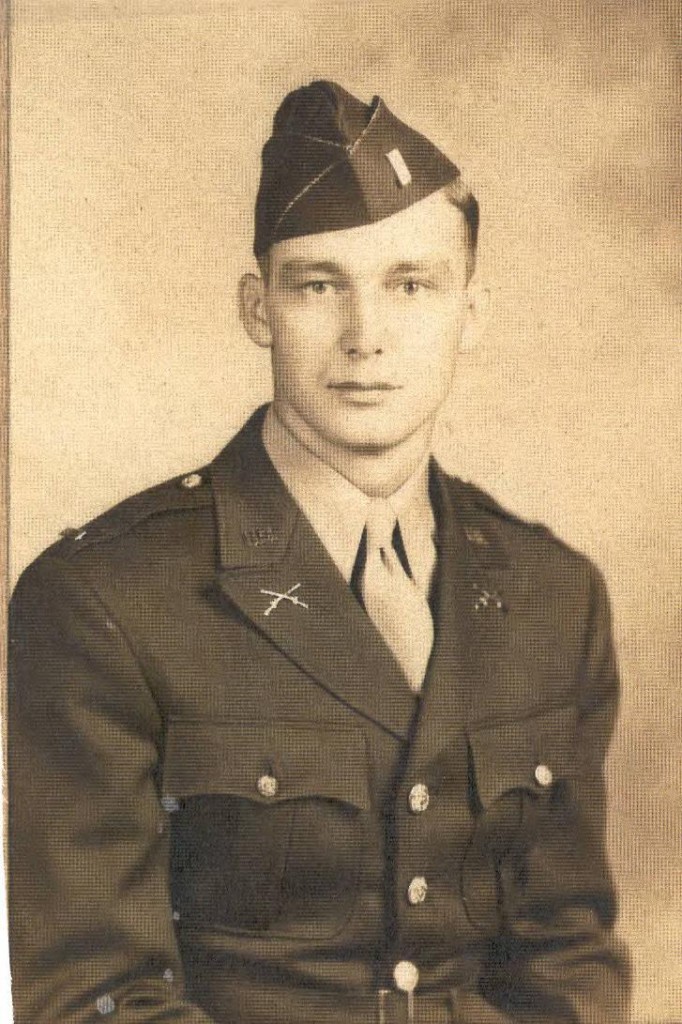Codename: Operation Neptune

Today marks the 70th anniversary of the pivotal invasion at Normandy, widely known as D-Day, which took place on June 6, 1944. As American, Canadian, French and British troops landed in a combined seaborne and aerial attack on the beach in northern France, they launched an all-out effort on the occupied territories of western Europe in an operation that would ultimately lead to an Allied victory.
The invasion, codenamed Operation Neptune, was a part of the larger operation known as Overlord, and extreme care was taken to avoid information about the timing and location falling into the wrong hands. Coordinated troops moved across the English Channel to arrive at several points along the coastal region of Normandy, including the sites of Utah Beach, Omaha Beach, Gold Beach, Juno Beach, Sword Beach and Pointe du Hoc. Over 150,000 men traveled across the Channel for the amphibious assault, while 13,000 paratroopers descended from planes flown in from Britain.

Within a week, the number of Allied troops arriving through Normandy had reached over 325,000, and by June’s end, that number had reached 850,000. They pressed forward through France towards Germany as Soviet troops moved in from the east, and by May of the following year–less than a year from the Normandy landing–Germany had offered up its unconditional surrender.
While the numbers involved in the D-Day invasion are staggering, it’s important to remember that those hundreds of thousands of troops (and thousands of casualties) were all individual men. George Folk, seen at right, was an Army Captain with the 1st Infantry Division. He was part of the Normandy invasion, the Battle of the Bulge, and the campaign in North Africa, among other engagements, and was awarded the Distinguished Service Cross as well as multiple Purple Hearts and Silver Stars. Brothers Donald and Homer Ducket, both of Perrysburg, also served on D-Day and in the Battle of the Bulge. Donald was a recipient of a Purple Heart and an Eastern Theater Ribbon.
Additionally, NORWELD and seven of its member libraries have created an oral history collection available through Ohio Memory calledMy War: Northwest Ohioans Remember World War II. We invite you to view this collection of videos that sheds light on the experiences of Ohioans during the Second World War, including men who were present at the Normandy landing:
- Claud Woodring was the first American soldier on Omaha Beach on D-Day.
- Bob Leutz was a recipient of the Purple Heart, the Silver Star and two Bronze Stars.
- Arthur Avery Alexander flew escort for bombers and raids on German-held territory, and helped provide cover for the D-Day invasion.
We hope you’ll take time to explore these valuable resources and learn more about Ohio during the war as we reflect on this remarkable day, 70 years ago.
Thanks to Lily Birkhimer, Digital Projects Coordinator at the Ohio History Connection, for this week’s post!



Leave a Reply
You must be logged in to post a comment.